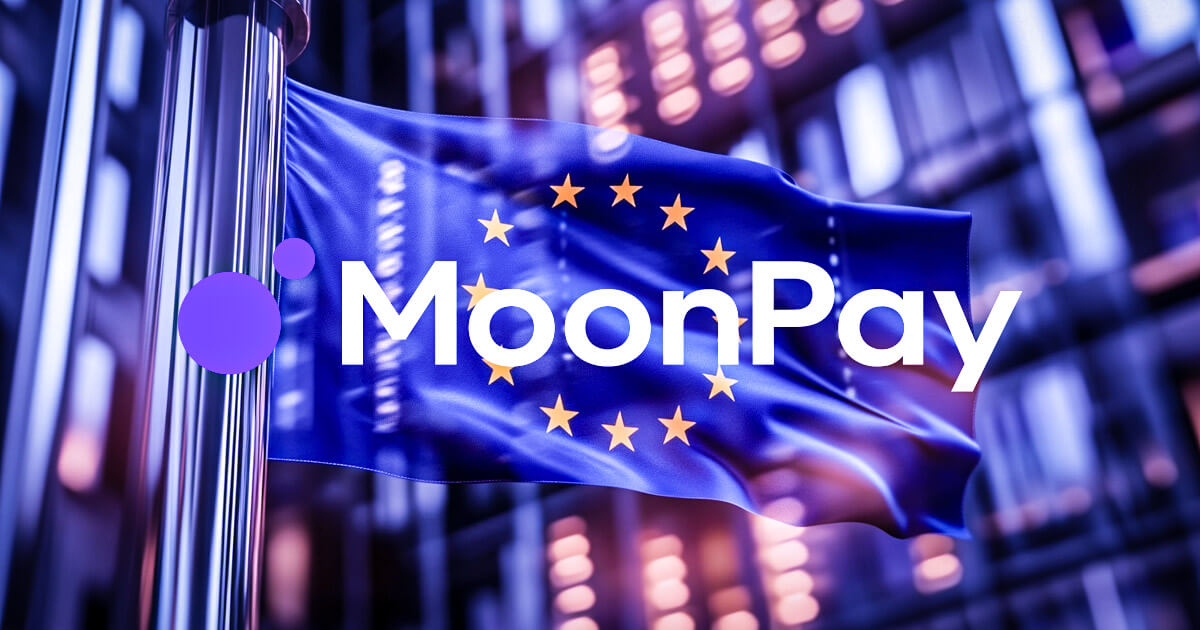As the digital ministers of the Group of Seven (G7) advanced nations convened in Japan, they reached a consensus on adopting risk-based regulation for artificial intelligence (AI).
In a joint statement, the ministers highlighted the necessity of fostering an open and supportive environment for AI development that upholds democratic values.
G7 to establish ground rules amid rising privacy and security issues
The G7’s agreement on AI regulation is a notable step forward in how major countries govern AI technologies, particularly as privacy concerns and security risks continue to grow.
European Commission Executive Vice President Margrethe Vestager underlined the importance of this shared understanding, asserting that it signifies a united approach to AI regulation.
Generative AI tools, such as ChatGPT by OpenAI, have experienced a meteoric rise in popularity, capturing the attention of governments across the globe.
To address the challenges posed by these technologies, G7 ministers have committed to future discussions centered around governance, intellectual property rights protection, transparency enhancement, and disinformation mitigation.
Regulatory approaches in Europe and Japan
In response to potential personal data rule breaches, Italy, a G7 member, recently suspended ChatGPT’s operations temporarily. While the service has since been reinstated, the incident has spurred other European privacy regulators to initiate their own inquiries.
Recently, there was progress made by European Union (EU) lawmakers regarding a new draft of the upcoming AI Act. This draft includes provisions for copyright protection for generative AI.
EU tech regulation chief, Vestager, expressed confidence that an agreement on AI legislation, such as mandatory labeling for AI-generated images or music, will be reached this year. These guidelines aim to tackle copyright and educational risks associated with AI technologies.
Conversely, Japan, the G7 chair for the year, has opted for a more accommodating approach to AI developers, vowing to facilitate the public and industrial adoption of AI.
Japanese Industry Minister Yasutoshi Nishimura emphasized a preference for nimble and adaptable governance over AI technology, as opposed to rigid, all-encompassing regulation.
Echoing this viewpoint, Jean-Noel Barrot, French Minister for Digital Transition, argued that innovation should progress within specific boundaries established by democracies.
In addition, it was disclosed that France intends to provide exemptions to smaller AI developers in compliance with the upcoming EU regulation.
Tackling security risks and looking ahead
G7 countries also acknowledged the security risks associated with generative AI, with Japanese digital minister Taro Kono cautioning that AI technologies based on fraudulent data could produce false news and destabilizing effects on society.
Digital ministers from G7 nations—Britain, Canada, the EU, France, Germany, Italy, Japan, and the United States—gathered in Takasaki, located approximately 100 km (60 miles) northwest of Tokyo, following earlier meetings of energy and foreign ministers.
The G7 Summit is scheduled to take place in Hiroshima, Japan in late May. Prime Minister Fumio Kishida will engage in discussions with international leaders regarding AI regulations.
Credit: Source link















































